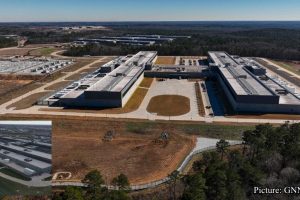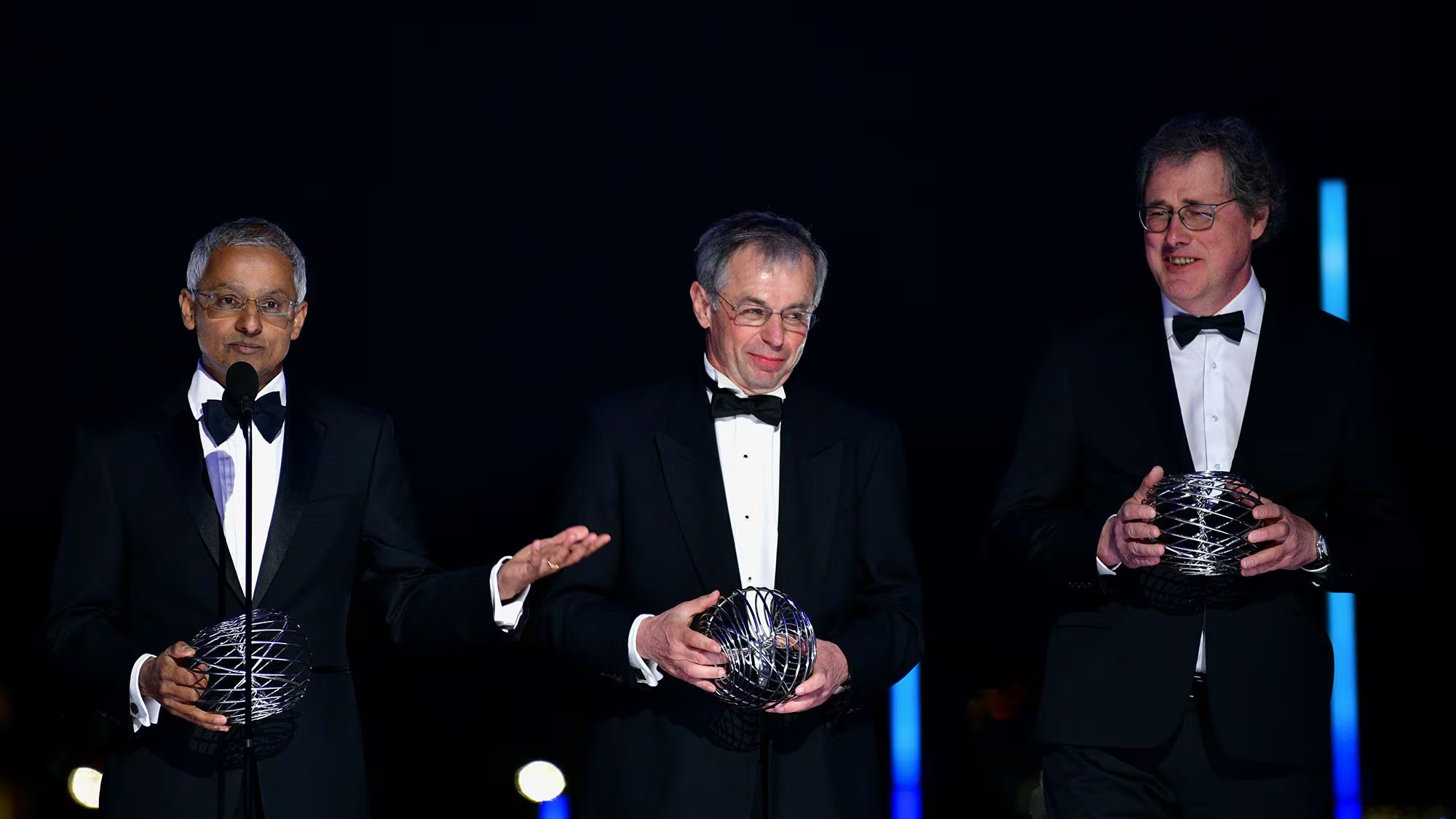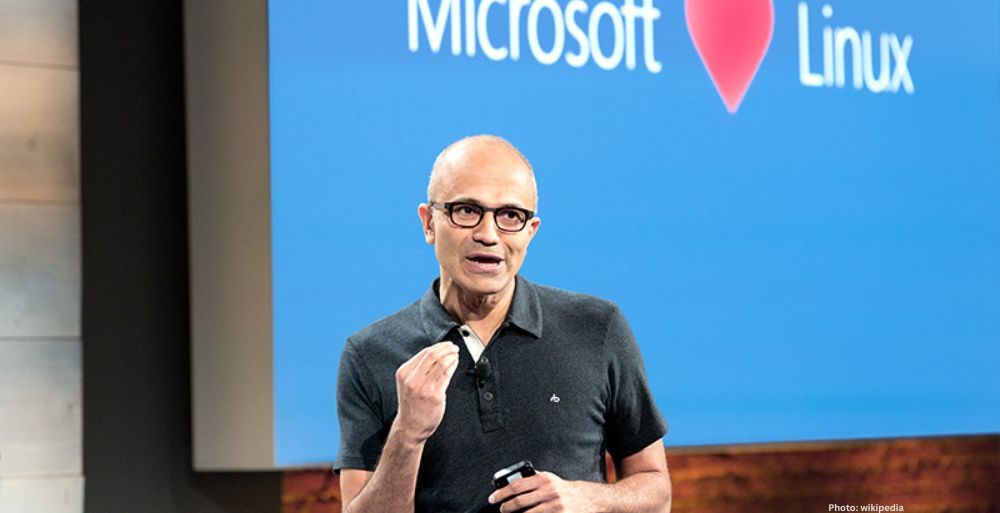The world of science is full of landmark achievements, yet not all of them get a Nobel Prize. Some discoveries that many consider “Nobel-worthy” remain overlooked. A recent review highlights five such advancements — innovations that pushed boundaries in medicine, climate science, computation, and physics — but have yet to receive formal Nobel recognition.
1. Precision Gene Editing Beyond CRISPR
While CRISPR has captured headlines, newer methods are emerging that allow even finer control over genetic material. These approaches aim to reduce off-target effects and improve safety in gene therapies. The challenge lies in moving from promising lab results to widely accepted clinical use.
2. Breakthroughs in Climate Modeling and Prediction
Accurate forecasting of climate events — from extreme storms to slow shifts in ocean currents — has improved dramatically in recent years. Using advanced simulations and machine learning, scientists can model systems at new scales and resolutions. Yet Nobel committees historically focus on more discrete “discovery” rather than tools and modeling.
3. Advances in Quantum Materials and Topological Phases
New classes of materials, particularly those with exotic “topological” properties, offer promise for robust quantum computing and energy systems. Their peculiar electronic behaviors challenge our traditional understanding of matter. While the field is celebrated, a Nobel has yet to be awarded for these discoveries.
4. Next-Generation Neuroscience Tools
Recent innovations — such as ultra-fast imaging, novel microscopy methods, and advanced brain-computer interfaces — allow real-time mapping of neural circuits in living brains. These tools are revolutionizing how we study cognition, memory, and brain disorders. Their potential is vast, though the Nobel still favors defined discoveries rather than enabling technology.
5. Artificial Intelligence-Driven Scientific Discovery
Machine learning systems are now helping design materials, propose chemical reactions, and detect patterns humans miss. Some scientists argue that AI will soon propose hypotheses that lead to Nobel-level breakthroughs. But the question remains: when, and by whom, will the credit be assigned?
Each of these fields continues to evolve. As science becomes more interdisciplinary and technological, the Nobel landscape may change — recognizing not only individual theories or molecules, but also the tools and systems that enable future breakthroughs.















